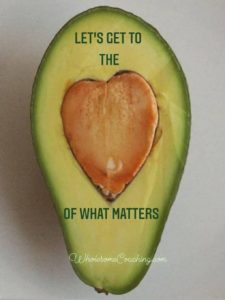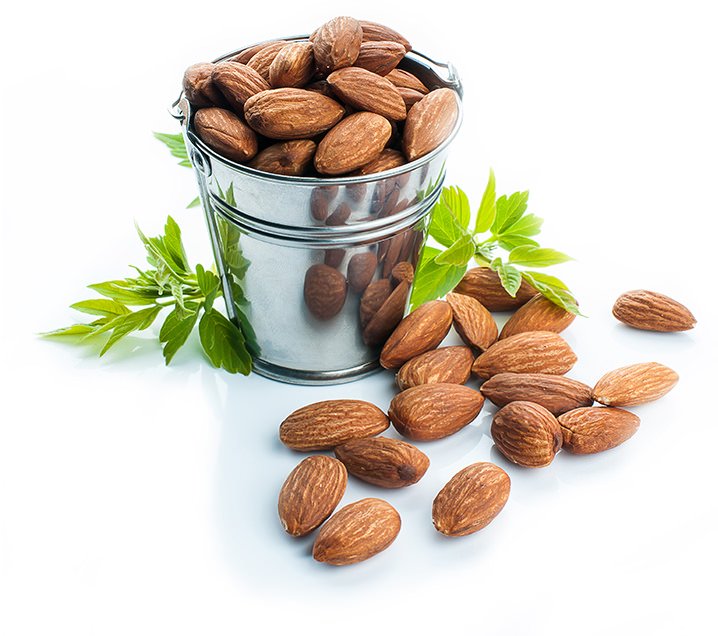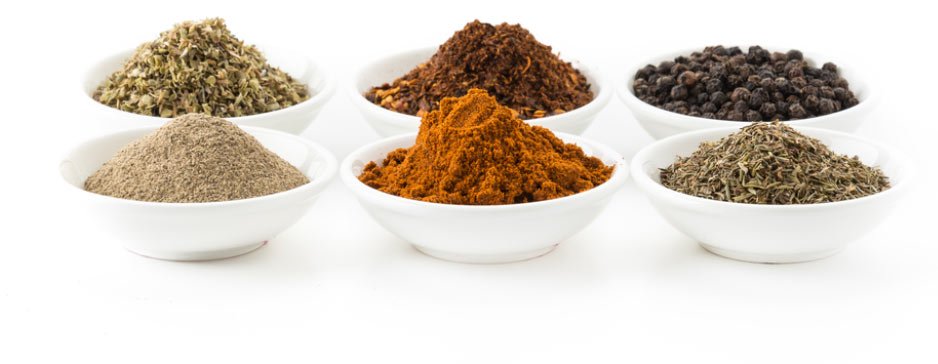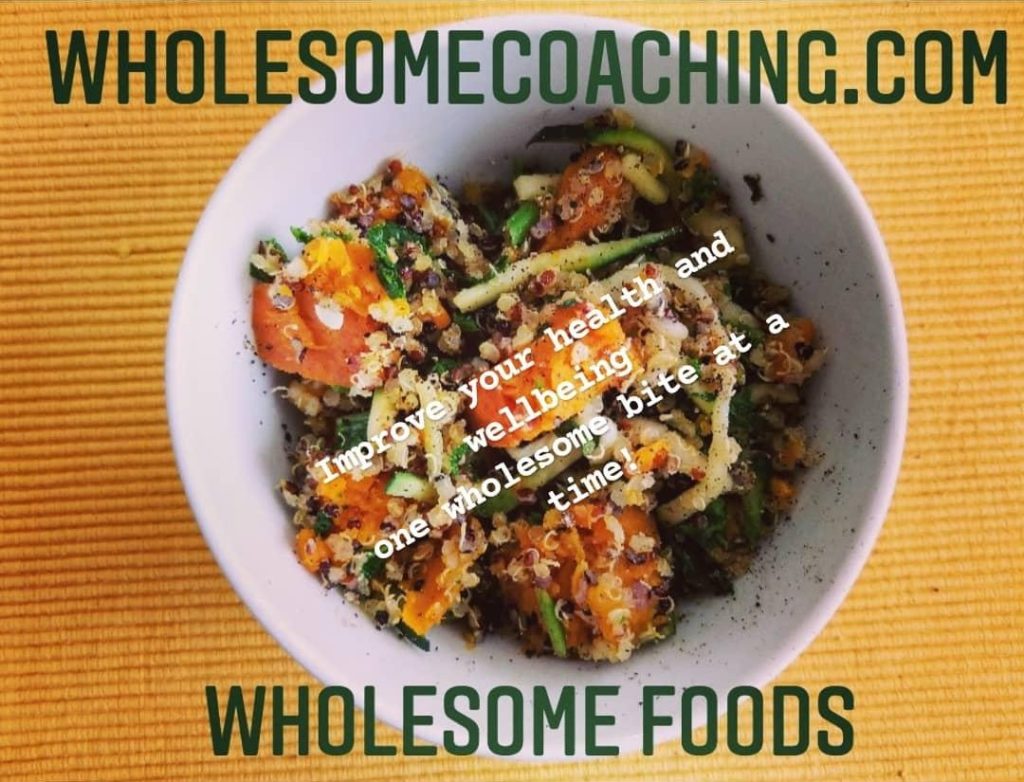Obviously nutrition is an integral aspect of a Wholesome Life. I have seen and heard so many stories that I do believe foods can be therapeutic. That is why I studied nutritional sciences at Cornell University and completed the ‘Nutrition and Healthy Living’ Certification Program in September 2021. Now that I am accredited I will be creating nourishing coaching packages and share nurturing advice with you here.
In the meantime I hope the information below will set you on your path of self-exploration and nurturing self-care. Our bodies work so hard for us every single day. Instead of caring for it we tend to neglect it. We don’t give it enough sleep. We race out of bed in the morning and quickly stuff a banana in our face while running to the car, or sip some coffee while simultaneously answering the phone and starting up our computers. We are so busy running about we don’t even make time to properly sit down and eat, let alone prepare a nourishing meal for ourselves and savor every single bite. It’s time to hit our RESET button.
Now that the weather is cooling down and the stress levels are going up again, you might notice you are craving comfort foods. Eating high calorie foods loaded with carbs, fats and sugars make our brains release dopamine, the feel-good hormone, into our bloodstream and will therefore temporarily soothe and comfort us. Turning to comfort foods to calm our anxiety when we are stressed out is totally normal, but we can’t rely on these unhealthy foods for long term stress management. Continuous stress will create chronic inflammation in the body and result in chronic diseases, obesity being the most noticeable one. When we are stressed our body releases stress hormones. Extended release of these stress hormones will do havoc to our immune defenses making us more susceptible to illness, disease and discomfort. Managing your stress will have an immediate impact on your physical health and mental wellbeing. How can you start alleviating your stress?
Start with noticing when you are craving comfort foods, and remind yourself that maybe it’s time to soothe your nervous system with some serious TLC.
I would recommend you start by keeping a dietary food log for yourself, so you can clearly see where you need to make some adjustments depending on your genetic make up and seasonal goals. Analyse and determine where you need to make habitual changes. Write down everything you eat and drink for about 14 days. Use the log descriptively for about 2 weeks, then start using it creatively. Write down in your log what you will be eating for breakfast, lunch, afternoon snack and dinner everyday this week. Trust that you intuitively know what’s good for you! Remember your body needs variety just as much as your mind. It is well known that when you do the same exercise routine every week, your body plateaus. When you eat the same food every day your body will get bored, or worse possibly develop intolerances and allergies to certain foods! Consult your Inner Coach to help you design your new diet plan. Spice up your life by eating intentionally. You are what you eat after all!
Have fun exploring new nourishing habits and improving your health and happiness one wholesome bite at a time!
How can we properly fuel our human machine?
A wholesome life is enjoyed with a peaceful mind and content soul in a vibrant body. Every body is unique, so your needs will be different from someone else’s. Your digestive health is determined by your genetics and influenced by your lifestyle choices. There is a wealth of nourishing wisdom and research out there for you to explore. I hope you will not be seduced by trendy diets promising you to loose weight quickly. I think most of those do more harm than good in the long run. Look for diets that actually have ‘chemistry’ and help you establish healthy and sustainable long term relationships with food.
Healthy Chemistry?
Through understanding your chemistry you can create a new relationship with food.
Please realise that our eating habits are usually tightly interwoven with our childhood emotions. When you do decide to cut one of your favourite food items out of your diet, pay close attention to your feelings and don’t be surprised if unexpected emotions or memories surface. I would recommend you use journalling to help you process.
We all have a ‘type’
Peter D’Adamo explains how different blood types indicate different body chemistries in his well known book series Eat/Cook/Live Right for your Type. He has stated that your blood type holds the key to both our digestive health and our body’s immune system. Read his books if you’re curious about aligning your food choices with your genetics.
Seasonal fling with Ayurveda?
We were taught the basics of Ayurveda during both my Massage therapy and Yoga teacher training courses. My mother has struggled with autoimmune diseases ever since I have known her. She claims that an Ayurvedic Diet has been the most beneficial for her through the decades and seasons. Would it surprise you to find out Ayurveda is the oldest continually practiced medicine on the planet?! (And it is recognised by World Health Organisation, WHO, today!) Like yoga, Ayurveda comes from the profound teachings of the Upanishads and the four Vedas (scriptures). These Vedic texts are humankind’s oldest literature as well as oldest spiritual teachings. Deepak Chopra re-introduced this ancient Vedic tradition to the western world in the 1990s. The tradition is based on the Eastern Five Element Theory (that’s also used in acupuncture, acupressure and Chinese medicine). Ayurveda believes there are 3 dosas, or energies, that are both cosmic as well as in our inherited constitution. Every season has a certain dosha energy and each individual has a predominant dosha or two. Vata, Pitta, and Kapha foods, habits and environments are used to bring the body back in balance. There are several online tests available to help you determine your doshas if you would be interested in finding out your Ayurvedic make up and how to navigate your physical health through the seasons.






